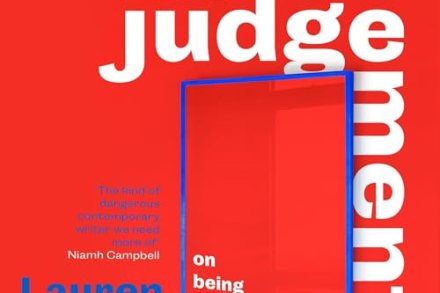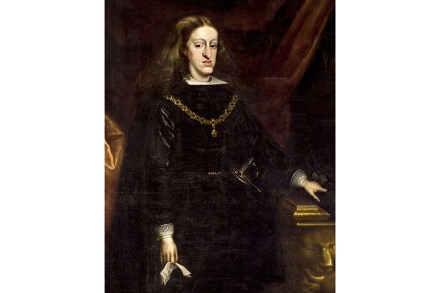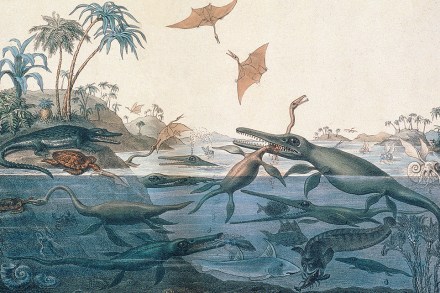Ghosts of the KKK still haunt American politics
This is the first history of the Ku Klux Klan from ‘its origins in post-Civil War Tennessee to the present day’ and it makes for a lively read. Kristofer Allerfeldt, a history professor at the University of Exeter, combines lucid political analysis with eye-popping details of violence. One victim of a lynching was made to climb a tree with a noose round his neck but stubbornly clung onto a branch. Rather than waste a bullet and spare him a slow death by strangulation, a Klan member climbed up after him and sawed off his fingers one by one until he dropped. The Klan started as a fraternity of six young,




















